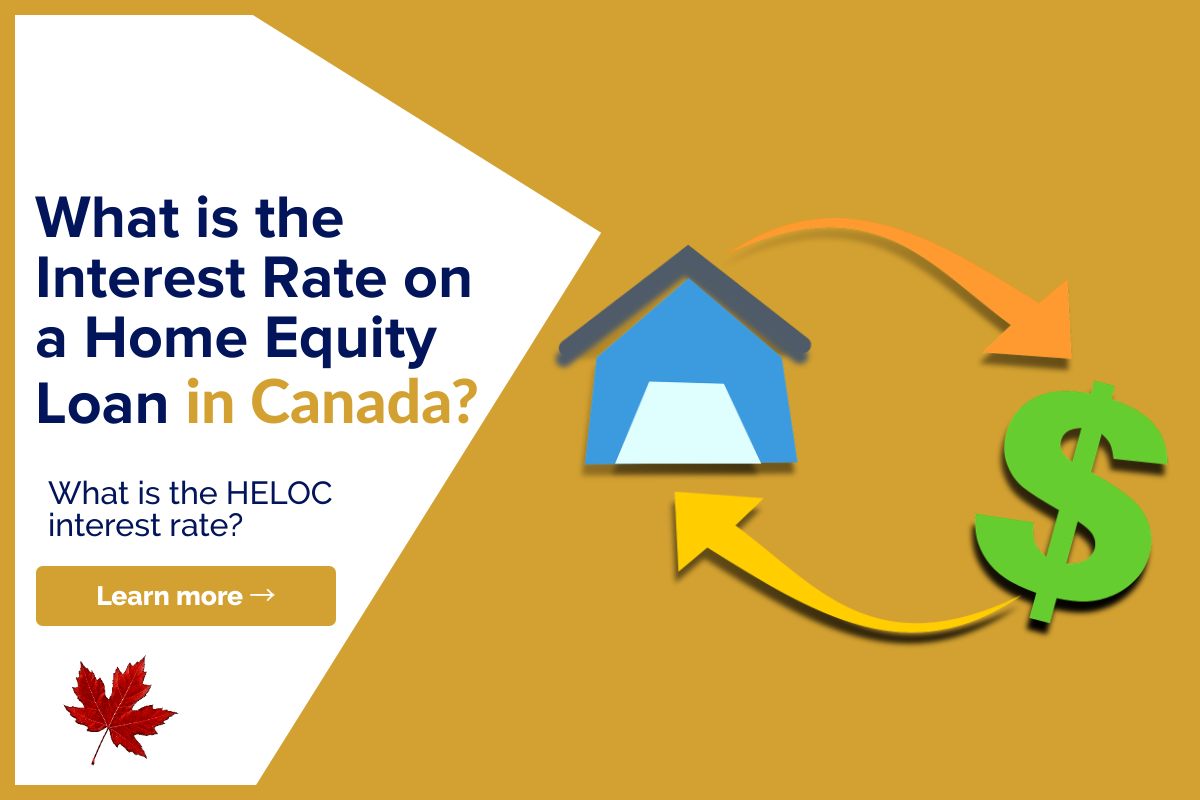Table Of Content

Vehicles, for example, lose value the minute you drive them off the lot and continue depreciating rather than increasing in value. Your potential HELOC rate also depends on where your home is located. As of April 24, 2024, the current average HELOC interest rate in the 10 largest U.S. markets is 9.10 percent. Bankrate follows a stricteditorial policy, so you can trust that our content is honest and accurate. Our award-winning editors and reporters create honest and accurate content to help you make the right financial decisions. The content created by our editorial staff is objective, factual, and not influenced by our advertisers.
Cash-Out Refinance
Applying for and accepting a new loan will bring your credit score down by a few points but, as long as you stay on top of your payments, the effect should only last a few months. Most lenders require at least a 620 credit score to qualify for a home equity loan or HELOC. A cash-out refinance is when you take out a new mortgage to replace your current home loan. The new loan balance covers more than just your outstanding mortgage — it’s large enough to allow you to also pocket the remaining difference in cash.
HELOCs vs. Home Equity Loans
Founded in 1863 as the United State National Bank of Portland, it’s now headquartered in Minneapolis, MN. Along with home equity loans, it offers a wide array of personal financial products, as well as business banking and wealth management services. Although most home equity lenders let you tap up to 85% of your home’s value, some lenders may offer high-LTV home equity loans that allow you to borrow more. Use our home equity loan calculator to estimate your home equity borrowing power. You gain equity in your home by paying down the principal in your mortgage over time.
Qualification Requirements For HELOCs
How Do Home Equity Loan Interest Rates Work? (2024 Guide) - MarketWatch
How Do Home Equity Loan Interest Rates Work? (2024 Guide).
Posted: Tue, 02 Apr 2024 07:00:00 GMT [source]
Finally, you can borrow up to 90% of the available equity in your home if your score is 740 or higher. Home equity loans are often called second mortgages because you have another loan payment to make on top of your primary mortgage. For one-time home remodel projects, a home equity loan is a great option. Not only are you improving your home, you’re reinvesting the money back into your property.
Should You Use a Home Equity Loan to Buy a Car? (2024 Guide) - MarketWatch
Should You Use a Home Equity Loan to Buy a Car? (2024 Guide).
Posted: Wed, 03 Apr 2024 07:00:00 GMT [source]
For example, say you owe $100,000 on your home, and you believe your home is worth $180,000. Based on the information you have provided, you are eligible to continue your home loan process online with Rocket Mortgage. See the difference between a home equity loan and a personal loan. Read on to learn more about home equity loans and other ways to take advantage of your equity to decide if this loan option is right for you. Bank branch, have equity in your home that does not exceed the loan-to-value (LTV) ratio of 80% and have good credit, you may qualify for a home equity loan.
Customer support by phone is available Monday through Thursday from 8 a.m. Lenders impose limits on the amount that you can borrow—typically 80% to 85% of your available equity. For example, if you have $250,000 in equity, the lender may let you tap 80% of that, or $200,000.
How much equity can I borrow from my home?
Most HELOCs have variable rates, so your interest rate will change with fluctuations in the market. For example, you may decide a 30-year HELOC with a 10-year draw period and a 20-year repayment period makes the most sense for you. A home equity loan makes more sense for a large, set expense because it’s paid out in a lump sum. If you have smaller expenses that will be spread out over several years, such as ongoing home renovation projects or college tuition payments, a HELOC might be a better option.
LoanDepot is one of the largest non-bank mortgage lenders in the U.S., with more than 150 branches across the country and a robust online presence. Its loan products include conventional mortgages, government-backed loans and refinances. Home Insight combines a home affordability analysis, a monthly payment estimator that accounts for insurance and taxes and the ability to search for available home listings. It also connects unique budgets, real-time rates and loan products with a real estate listings search to help prospective home buyers better understand how much house they can afford. The smartest strategy for accessing your home equity depends mostly on what you want to do with the money. Of course, your credit score and your financial situation matter, too.

Personal Loan
Rocket Mortgage doesn’t charge prepayment penalties, but some lenders do. Check with your lender before you start making extra payments on your mortgage. Do you want to renovate your home but don’t have the cash on hand?
As of late April 2024, home equity loan rates for the benchmark $30,000 loan are averaging just over 9 percent, within a tight range of 8.5 to 10 percent. While high compared to their average of six percent in 2022, that’s significantly lower than other forms of consumer debt. Credit card rates are lingering above the 20-percent mark, and personal loans can stretch into the 25–35 percent range for borrowers with less-than-perfect credit scores.
Going off our earlier example, let’s say you find a lender who’s willing to give you a HELOC with 80% LTV. To figure out how much your credit limit would be on this HELOC, multiply your home’s value by 80% and subtract your current balance. And, even a small difference in the interest rate on a loan could make a big difference over time, especially when you're borrowing large sums of money. In turn, these low rates attached to home equity make it one of the most prudent financing avenues available today. For example, if your home is appraised at $500,000 and you still owe $100,000 on your first mortgage, this means you have $400,000 in home equity.
This reflects the interest rate, plus any points, fees or other charges you have to pay for the loan. Home equity is the difference between the balance owed on your mortgage and your home’s current market value. Simply put, it’s the share of your house that you own because you’ve paid down your mortgage balance and/or your property’s value has increased over time.
There are more than 5,000 branch locations in the U.S., in addition to its online mortgage options, which includes the Bank of America Digital Mortgage Experience. This provides customers with online applications, electronic signatures for documents and online rate locks. A home equity loan is money that is borrowed against the appraised value of your home. You receive the funds in a lump sum, and you are require to make monthly payments, as with any other type of loan. Because the proceeds from a home equity loan come in one lump sum, home equity loans are best suited for homeowners who have a set budget. They’re a good option for those who want to use the funds for home renovations – the interest can be tax deductible if the money is used for certain repairs, expansions or improvements.
If you’d paid the loan down to $150,000, you’d have $150,000 in home equity. Home equity loans make accessing the cash you have tied up in your house easy, but you still need to make sure they’re the right fit for your finances. Here are some other frequently asked questions regarding home equity loans to help you make the right decision. Learn more about the differences between home equity loans and cash-out refinances. If debt management has become a burden, a home equity loan could help you consolidate your debt into a single, more manageable payment at a competitive rate. A lender may require a formal home appraisal as part of the loan underwriting process.
Home equity loans have fixed interest rates, which means the rate you receive will be the rate you pay for the entirety of the loan term. One way to tap into your home equity is by using a home equity loan. These loans offer lump-sum financing with fixed interest rates and monthly payments. While tapping your home equity for cash may be one of the savvier borrowing moves to make in this high interest rate period, it's still crucial to take the decision seriously. Carefully calculate whether you can truly afford the new recurring payment on top of your existing mortgage and household budget. And, understand that you are putting your home up as collateral, so any inability to keep up with payments down the road could put your living situation at risk.

No comments:
Post a Comment